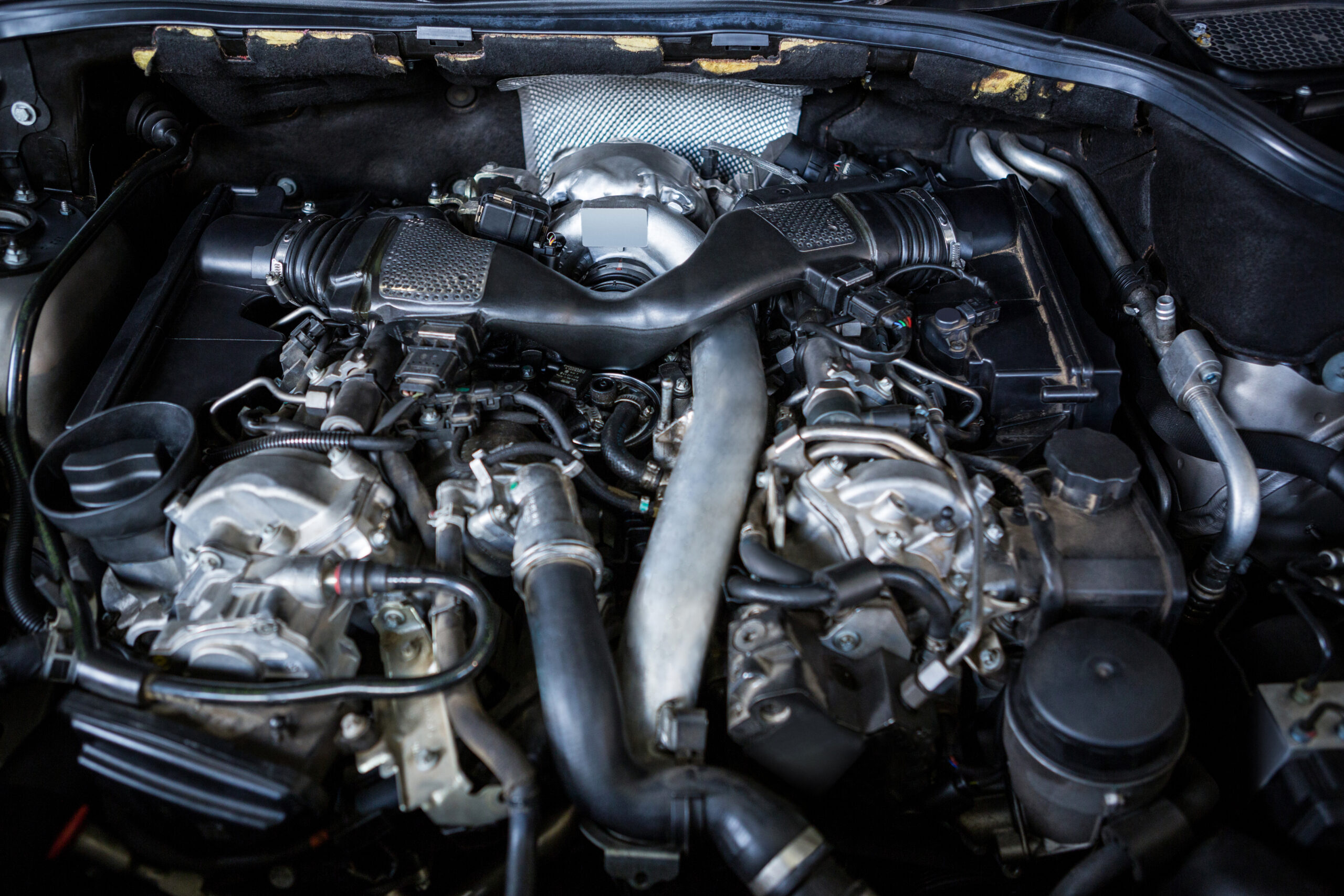
Close-up of car bonnet at repair garage
Importance of Engine Maintenance for Vehicle Longevity
Maintaining your car’s engine is crucial for ensuring its longevity and avoiding costly repairs or replacements. The engine is the heart of your vehicle, and without proper care, it can suffer from damage and deteriorate over time. By following a few essential steps, you can keep your car’s engine in top shape and enjoy a prolonged vehicle life.
Regular maintenance is key to keeping your engine healthy. This includes scheduled oil changes, which are crucial for lubricating the various components in your engine. Clean oil ensures smooth operation, reduces friction, and minimizes wear and tear. It is recommended to follow the manufacturer’s guidelines for oil change intervals to ensure optimal engine performance.
In addition to oil changes, staying on top of your vehicle’s scheduled maintenance is vital. This includes checking and replacing filters, such as the air filter and fuel filter, regularly. Filters prevent contaminants from entering the engine, ensuring clean air and fuel flow. Inspecting hoses and belts for signs of wear or damage is also important, as these components play a critical role in the proper functioning of your engine.
Keeping fluid levels topped up is another crucial aspect of engine maintenance. Fluids such as coolant, brake fluid, and power steering fluid are essential for the smooth operation of your vehicle. Regularly checking these fluids and replenishing them when necessary will help prevent overheating, maintain braking performance, and ensure optimal steering control.
Signs of Engine Trouble
Being aware of the warning signs of engine trouble is essential for catching potential issues before they escalate. Ignoring these signs can lead to more significant problems and costly repairs. Here are some common warning signs that indicate your engine might be in trouble:
- Strange Noises: Unusual noises, such as knocking, grinding, or hissing sounds, can indicate engine problems. These noises could be a sign of worn-out belts, loose components, or even internal engine damage. Ignoring these sounds can lead to severe engine damage if left untreated.
- Poor Performance: If you notice a decrease in your vehicle’s performance, such as sluggish acceleration or difficulty starting, it could be a sign of engine trouble. This could be caused by issues such as a faulty fuel injector, a clogged air filter, or a malfunctioning sensor. Addressing these problems promptly can prevent further damage and improve your vehicle’s performance.
- Warning Lights: Modern vehicles are equipped with a variety of warning lights on the dashboard. If you see the check engine light or any other warning lights illuminated, it’s essential to have your vehicle inspected as soon as possible. These lights indicate that the engine’s onboard diagnostic system has detected a problem. Ignoring these warnings can lead to more severe issues down the line.
- Excessive Exhaust Smoke: Unusual smoke coming from your vehicle’s exhaust can indicate engine trouble. Blue smoke indicates burning oil, which could be a sign of worn-out piston rings or valve seals. White smoke may indicate a coolant leak, which could be a result of a blown head gasket. Addressing these issues promptly can prevent further damage to your engine.
Regular Oil Changes and Fluid Checks
Regular oil changes are crucial for maintaining the health of your car’s engine. Clean oil lubricates the various components, reducing friction and heat buildup. Over time, oil becomes contaminated with dirt, debris, and combustion byproducts, which can cause increased wear and tear on engine parts. Changing the oil and oil filter at the recommended intervals ensures the engine operates smoothly and efficiently.
When performing an oil change, it’s also important to check other vital fluids, such as coolant, brake fluid, and power steering fluid. These fluids play a crucial role in the proper functioning of your vehicle. Low levels of coolant can lead to overheating, while insufficient brake fluid can compromise your braking system. Regularly checking and topping up these fluids will help prevent potential issues and ensure your engine operates at optimal levels.
Importance of Air Filter and Fuel Filter Maintenance
The air filter and fuel filter are essential components that help maintain the cleanliness of your engine. The air filter prevents dust, dirt, and other particles from entering the engine, ensuring clean airflow. Over time, the air filter becomes clogged with debris, restricting airflow and affecting engine performance. Regularly inspecting and replacing the air filter will help maintain proper airflow and protect your engine from damage.
Similarly, the fuel filter plays a vital role in keeping your engine running smoothly. It filters out impurities and contaminants from the fuel, ensuring clean fuel reaches the engine. Over time, the fuel filter can become clogged, hindering fuel flow and causing engine performance issues. Regularly inspecting and replacing the fuel filter will help prevent fuel delivery problems and keep your engine running efficiently.
Checking and Replacing Spark Plugs
Spark plugs are responsible for igniting the air-fuel mixture in the engine’s combustion chamber, creating the necessary power for your vehicle to run. Over time, spark plugs can become worn out or fouled, leading to misfires, reduced fuel efficiency, and poor engine performance. Regularly checking and replacing spark plugs according to the manufacturer’s recommendations will help maintain optimal engine performance and fuel efficiency.
When inspecting spark plugs, look for signs of wear, such as eroded electrodes or excessive carbon buildup. If any spark plugs show signs of damage or wear, it’s important to replace them promptly. Additionally, using the correct type and heat range of spark plugs recommended by the manufacturer is crucial for proper engine operation.
Monitoring and Maintaining Coolant Levels
Proper engine cooling is essential for maintaining optimal engine performance and preventing overheating. The coolant, also known as antifreeze, circulates through the engine, absorbing heat and transferring it to the radiator, where it is dissipated. Monitoring and maintaining proper coolant levels is crucial for preventing engine damage caused by overheating.
Regularly check the coolant level and inspect the condition of the coolant. If the coolant level is low or the coolant appears dirty or contaminated, it’s important to address the issue promptly. In addition to coolant levels, ensure the cooling system is free from leaks and that the radiator and cooling fans are functioning correctly. If you notice any signs of coolant leaks or cooling system issues, have them repaired as soon as possible to prevent engine damage.
Regular Engine Inspections and Tune-ups
Regular engine inspections and tune-ups are essential for identifying and addressing potential issues before they become major problems. Engine components, such as the timing belt, drive belt, and seals, can wear out over time and lead to costly repairs if not replaced in a timely manner. Routine inspections by a qualified mechanic will help catch these issues early on and ensure your engine operates smoothly.
During a tune-up, the mechanic will inspect and replace worn-out components, adjust engine settings, and perform necessary maintenance tasks. This may include checking and adjusting the ignition timing, inspecting the emission control system, and cleaning or replacing the throttle body. Regular tune-ups will help optimize engine performance, fuel efficiency, and overall reliability.
Tips for Driving Habits that Promote Engine Health
In addition to regular maintenance, adopting certain driving habits can help promote engine health and prolong its lifespan. Here are some tips to keep in mind:
- Warm-up Your Engine: Allow your engine to warm up for a few minutes before driving, especially in cold weather. This allows the oil to circulate and reach all parts of the engine, reducing wear and tear.
- Avoid Excessive Idling: Extended periods of idling can cause unnecessary wear on engine components and waste fuel. If you anticipate being stationary for more than a minute, it’s best to turn off the engine.
- Avoid Revving the Engine: Revving the engine unnecessarily puts unnecessary strain on engine components. Accelerate gradually and avoid sudden, aggressive driving maneuvers.
- Avoid Overloading: Avoid overloading your vehicle with excessive weight, as this puts additional strain on the engine and other components. Refer to your vehicle’s weight limits and distribute the load evenly.
- Drive Smoothly: Smooth acceleration, braking, and steering reduce stress on the engine and improve fuel efficiency. Avoid sudden starts and stops and try to maintain a steady speed whenever possible.
Benefits of Professional Engine Maintenance Services
While many engine maintenance tasks can be performed by car owners themselves, there are several advantages to entrusting your vehicle to a professional mechanic for regular maintenance and inspections. Here are some benefits of professional engine maintenance services:
- Expertise and Experience: Professional mechanics have the knowledge and experience to diagnose and address engine issues effectively. They can identify potential problems that might go unnoticed by less experienced individuals.
- Specialized Tools and Equipment: Professional mechanics have access to specialized tools and equipment that are essential for performing certain maintenance tasks. This ensures that the job is done correctly and efficiently.
- Warranty Protection: If your vehicle is still under warranty, it’s important to follow the manufacturer’s recommended maintenance schedule and have the work performed by a qualified professional. This helps protect your warranty and ensures that any potential issues are addressed promptly.
- Time and Convenience: By entrusting your vehicle to a professional mechanic, you save time and effort. They can perform multiple maintenance tasks in a single visit, allowing you to focus on other priorities.
- Peace of Mind: Knowing that your vehicle is in the hands of a qualified professional gives you peace of mind. You can rest assured that your engine is being properly maintained, reducing the risk of unexpected breakdowns and costly repairs.
Conclusion: Taking Care of Your Engine for a Long-lasting Vehicle
Maintaining your car’s engine is essential for prolonging its lifespan and avoiding costly repairs. By following the steps outlined in this guide, you can ensure that your engine operates smoothly and efficiently for years to come. Regular oil changes, fluid checks, and filter replacements, along with monitoring coolant levels and addressing warning signs promptly, are key to engine health.
Additionally, adopting driving habits that promote engine health and considering professional engine maintenance services when necessary will further contribute to the longevity of your vehicle. Remember, prevention is always better than a cure when it comes to engine maintenance. By staying proactive and taking care of your engine, you can enjoy a long-lasting and reliable vehicle for many miles to come.






